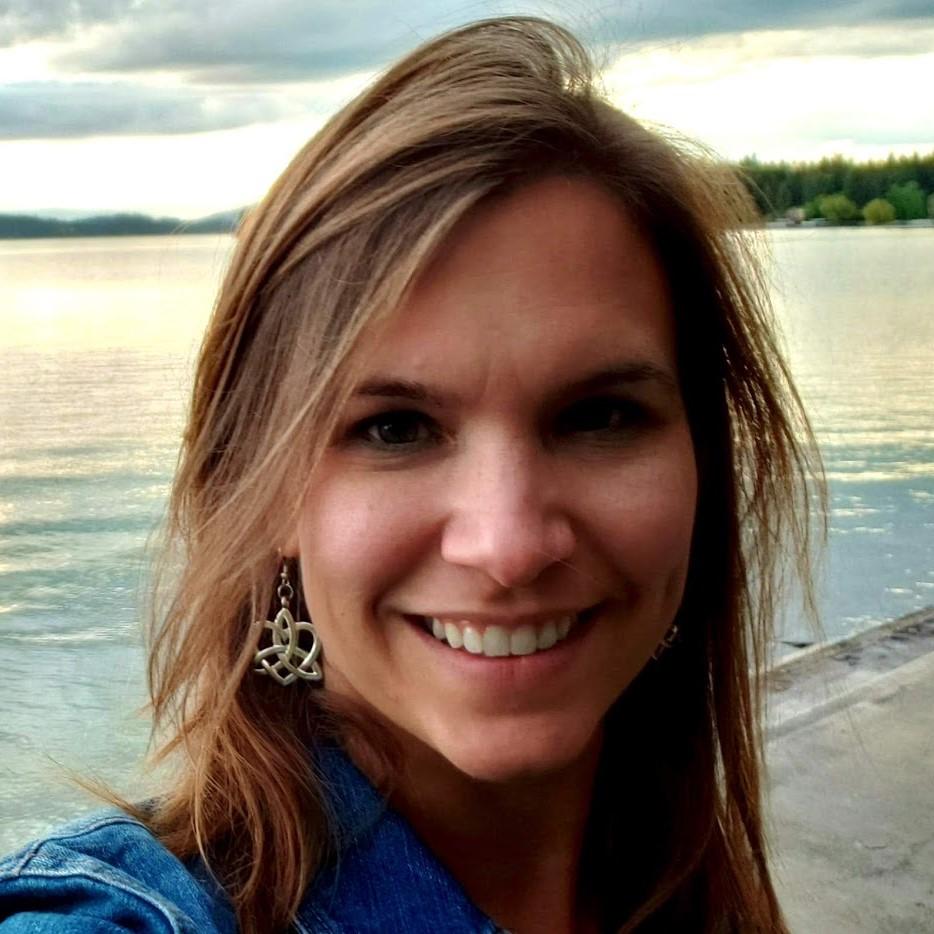Professor seeks to decolonize self-care in social work
In a new article, Professor Catherine O'Connor, PhD, argues that dominant models of clinical care and self-care often fall short by framing wellness as an individual responsibility rather than a collective pursuit—unintentionally reinforcing the gendered and racialized systems that cause burnout in the first place.
Grounded in Indigenous Knowledge and critical consciousness, Dr. O'Connor's Living AWAke model is both a framework and a call to action. It challenges the dominant narrative that self-care is a personal luxury and instead positions it as a relational, ethical, and sustainable practice necessary for resisting structural oppression.
Rooted in the FHORT framework (Historical Oppression, Resilience, and Transcendence), Living AWAke emphasizes Two-Eyed Seeing—honoring both Indigenous and Western knowledges—to support a critically conscious, reflexive practice.
It is not enough to treat symptoms of structural oppression without changing the structures that cause distress.
Catherine O'Connor, PhD
This approach moves beyond treating symptoms of burnout to actively confronting and transforming the structures that produce it. It invites social workers to reflect on how their professional identities are shaped by settler colonial logics and to adopt practices that center collective healing, relationality, and justice.
"Living AWAke is an ethical and sustainable self-care model addressing both the immediate and chronic, or structural causes of distress and burnout," Dr. O'Connor writes. "It is not enough to treat symptoms of structural oppression without changing the structures that cause distress."
Although many social workers are committed to anti-oppressive practice, the article underscores the importance of moving beyond intention to structural intervention. This includes recognizing how whiteness, gender norms, and professional hierarchies sustain inequity and burnout, particularly for women and gender-expansive social workers. Social work must reckon with its historical role in colonial systems while fostering liberatory models of care.
"Personal liberation is intertwined and interdependent on collective liberation," writes Dr. O'Connor. "To resist replicating the settler colonial patterns that distort difference into divisive tools of conquest, working well across difference requires those with greater privilege joining forces for broad based social change. Social workers can disrupt and dismantle structures by working together."
Ultimately, Living AWAke is more than a model—it’s a praxis. By integrating theory, embodiment, and resistance, it challenges social workers to reimagine self-care not as escape, but as a practice of liberation. As ecological and structural stressors increase, adopting a decolonizing and justice-centered self-care model is essential to ethical and sustainable social work.
Read the full article: Alignment with agility (AWA): centering Indigenous feminisms, living ‘AWAke’, creating a ‘wake’ of change.

